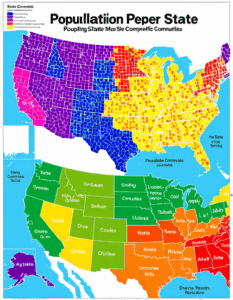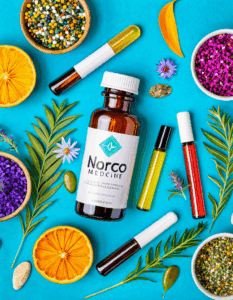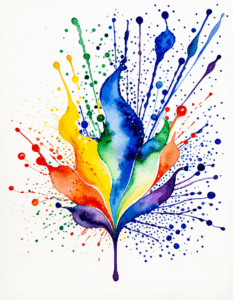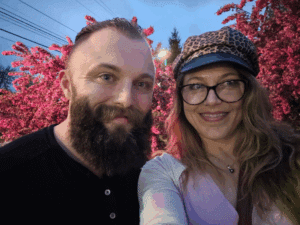When we think of understanding, we often see it as merely grasping the facts or acknowledging someone’s feelings. But what if I told you that another word for understanding is compassion? Compassion goes beyond just knowing what someone is experiencing; it pushes us into action. This is a critical concept, especially for those who face addiction either in themselves or in loved ones. It’s not enough to simply sit back and comprehend the struggles of addiction. It’s about stepping up, reaching out, and helping facilitate healing.
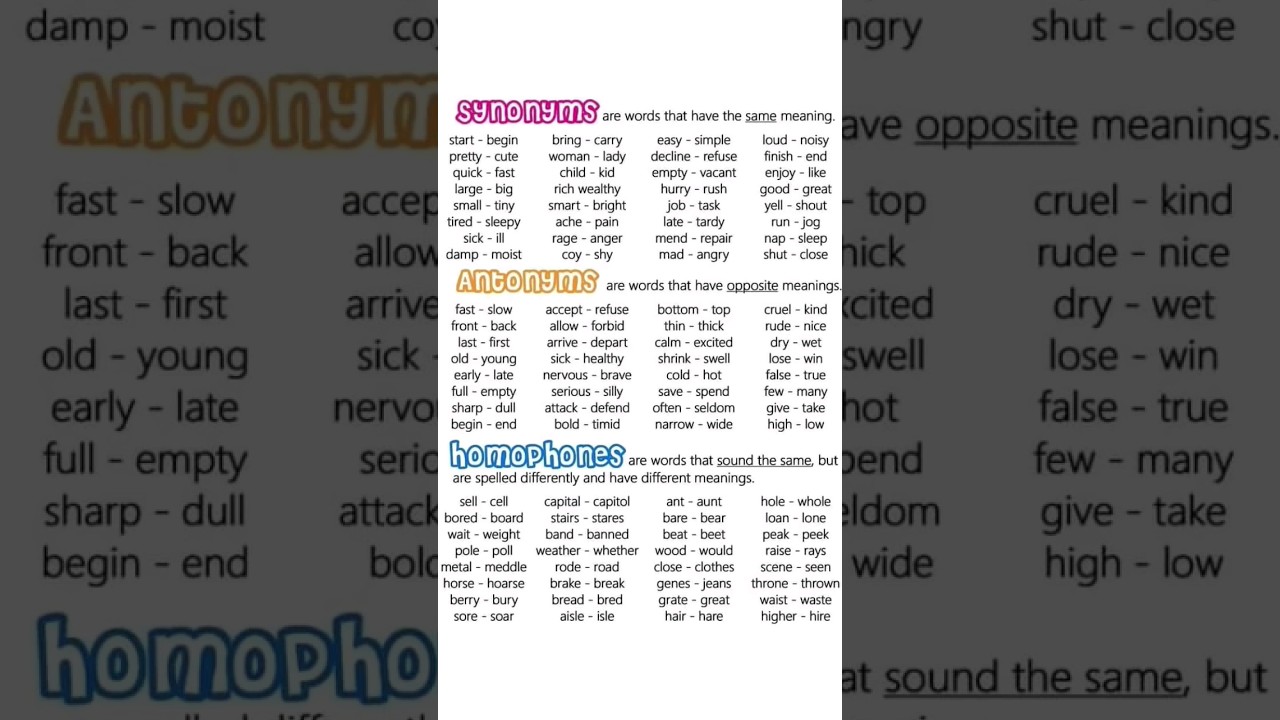
The Heart of the Matter: What is Another Word for Understanding?
To truly understand addiction, one must dive deeper. Addiction isn’t just a personal problem but a societal issue that needs compassionate voices advocating for change. However, compassion isn’t just understanding someone’s plight; it is about actively supporting them in their journey. Parents dealing with children struggling with addiction often feel overwhelmed, helpless, and lost. At Mothers Against Addiction, we recognize that the heart of this struggle lies in compassionate engagement.
Empathy helps break down barriers, allowing those affected to feel they are not alone. It fosters an environment where real dialogue can happen. When we speak openly about addiction, we acknowledge the pain but also the possibility for recovery. As Elizabeth Vargas powerfully states, knowing someone else has experienced similar pain can spark hope, turning despair into resilience. Through compassion, we can cultivate environments that prioritize healing over blame, fostering the understanding that families need to navigate this intricate journey together.
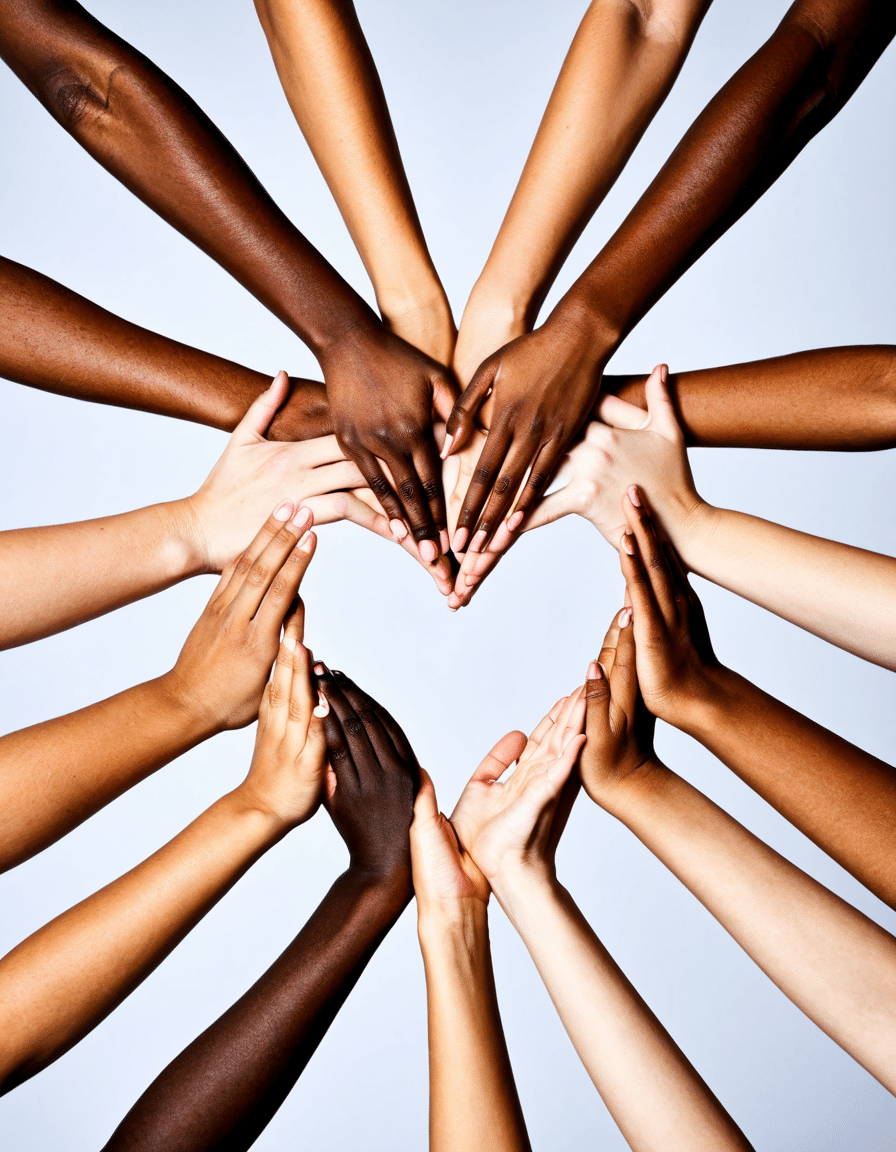
Top 5 Ways Compassion Transforms Lives Affected by Addiction
In a world where addiction can often feel isolating, compassion acts as a beacon of hope. Here are five ways compassion makes a significant difference in the lives of those affected by addiction.
1. Creating Safe Spaces for Discussion
Compassion invites open conversations about addiction. By fostering environments where families can discuss their dilemmas without fear of judgment, groups like Al-Anon have paved paths for honest and empathetic dialogues. When parents can share their heartaches, they often find solace and guidance from others who understand their challenges. This candid sharing helps them feel less isolated. It sparks connections that can be life-changing.
2. Promoting Empathetic Parenting
Navigating the turbulent waters of parenting a child struggling with addiction can often feel like walking a tightrope. At Mothers Against Addiction, we emphasize the concept of compassionate parenting. By equipping parents with knowledge and tools, we foster an environment where children feel safe to reach out for help. Workshops encourage parents to show understanding, which can pull their children back from the brink of despair, allowing healthy dialogues to flourish.
3. Bridging the Gap Between Patients and Healthcare Providers
In compassionate healthcare models, such as those seen at Hazelden Betty Ford, the focus is not solely on the physical aspects of treatment but also on emotional care. When healthcare providers engage with compassion, patients feel seen and heard, not just labeled by their conditions. This understanding leads to effective treatment plans tailored to the specific needs of each individual. It emphasizes that addiction treatment is more than just a process; it’s a journey filled with human connection.
4. Inspiring Peer Support Initiatives
Peer support initiatives like Smart Recovery emphasize the role of shared experiences in recovery. By uniting individuals who’ve walked similar paths, they create a community of understanding and compassion. These relationships reinforce the idea that healing doesn’t have to happen in isolation—it thrives in the camaraderie of shared empathy. Individuals find strength in knowing they’re not alone, thus lighting the path for each other’s journeys.
5. Encouraging Community Engagement
Organizations committed to changing how we discuss addiction, like The Phoenix, place compassion at the forefront of their public health strategies. They aim to reduce stigma surrounding addiction while providing essential resources that empower community members. This collective engagement emphasizes the importance of a compassionate community, uplifting everyone involved. By working together, communities foster an ecosystem of safety and growth for those affected by addiction.
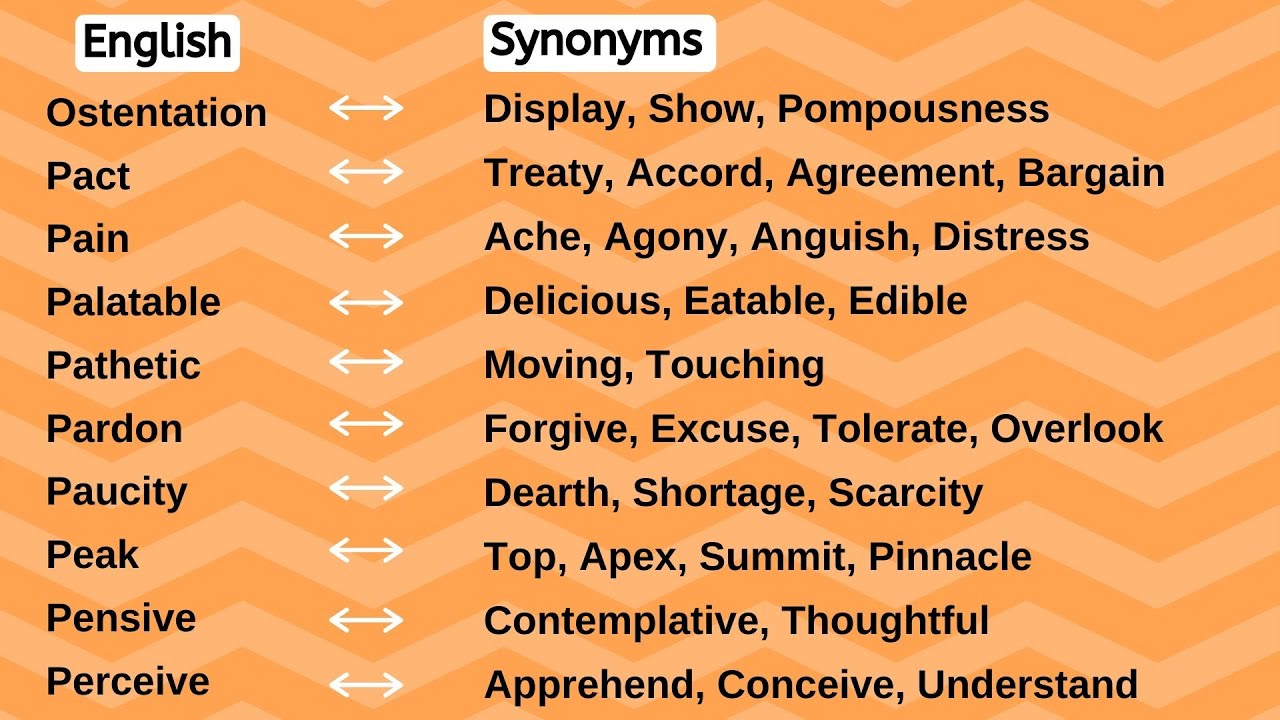
The Ripple Effect of Compassion: Outcomes Beyond Immediate Relief
The influence of compassion extends far beyond immediate support for families. When compassion thrives in community engagement, families experience stronger bonds. These positive interactions cultivate an environment rich in understanding, ultimately enhancing relationships. For example, compassionate treatment facilities report remarkably higher success rates in recovery. Individuals feel considerably more accepted, understood, and less shamed when they’re surrounded by compassion.
Moreover, research reveals that communities embracing the power of compassion see lower instances of addiction-related problems. These include decreases in overdose deaths and mental health crises. By shifting the focus from blame to acceptance and understanding, we’re creating cultural change. This new mindset positions compassion as a tool for change—a bridge that connects suffering to healing.

The Future of Compassion in Addressing Addiction
As we approach 2024, the significance of compassion in our conversations around addiction cannot be overstated. There’s a growing wave of cultural shifts that demand empathy and mental health awareness. Organizations, legislators, and healthcare professionals increasingly recognize compassion as a foundational element in tackling addiction.
Further education and advocacy are vital as we continue to operationalize compassion. The path forward relies on community engagement initiatives that foster understanding. The more we lean into compassion, the more conducive our environment becomes for those affected by addiction. Our commitment to fostering compassion may herald a transformative period in how addiction is treated and understood.
In this crucial journey, let’s remember: compassion is not one-sided. It’s collective; it’s about reaching out and ensuring that anyone affected understands that they’re not isolated but part of a larger network of hope, understanding, and shared experiences. Together, we can shape a compassionate future, helping families in need and ultimately transforming lives.
For resources on compassionate parenting techniques and further support, visit us at Mothers Against Addiction.
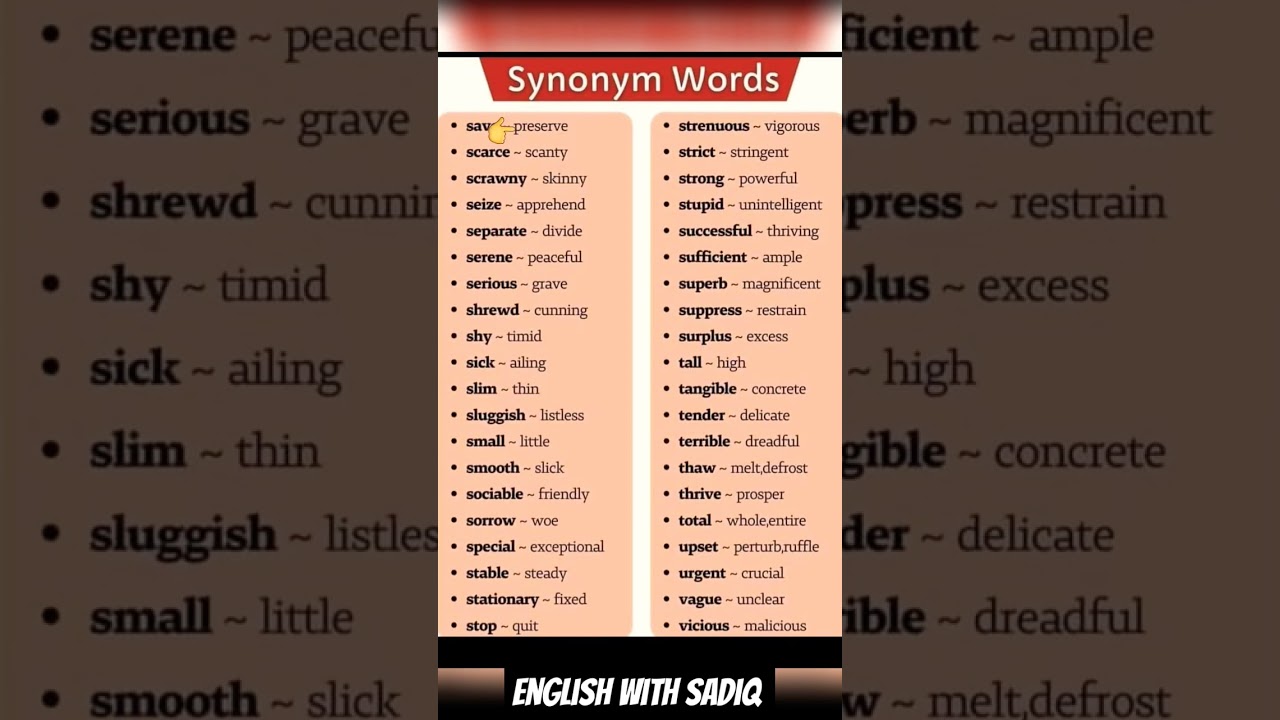
Another Word for Understanding
The Heart of Compassion
When we talk about compassion, one aspect that often stands out is understanding—after all, it’s hard to feel for someone without first grasping their situation. Sometimes, a surprising nugget can help to paint a fuller picture. Did you know that “understanding” can also mean “sympathy”? This little switch is crucial in conversations about addiction. Parents need that empathy when tackling the tough illnesses that addiction brings into their lives; knowing they’re not alone can provide comfort in dark times.
Speaking of insights, take a moment to consider the concept of ideal nutrition. It’s vital for anyone on the recovery journey. When someone understands their nutritional needs, it can lead to real change and better health outcomes. Plus, did you know that understanding can also take on a stylish twist? Think about the rise of platform sneakers—they’re trendy, but they also symbolize how much we can elevate our perspectives through compassion. The fact is, adopting a unique viewpoint can help bridge gaps of ignorance in any relationship, especially when discussing painful topics.
Words That Define Compassion
If you’re searching for another word for understanding with a flavor of tenderness, how about “special”? It’s fun to think about how qualities like caring and love can be expressed in various ways. Did you know there’s also another word for special that suggests a deeper meaning? It might just bring to light the essence of your relationships, especially when many feel like compassion is fleeting. And speaking of feeling good, understanding someone can feel like a much-needed prescribed remedy for hearts aching from grief or loss.
Lastly, putting yourself out there can sometimes lead to connections you never expected. For example, remember the story of Tubtim Howson—her tale shows how understanding and connection can fuel change. Just like applying for a possible loan, seeking help or reaching out might seem intimidating at first, but it can open doors to healing and support. In short, cultivating another word for understanding can lead to compassion in action, transforming not just individuals, but communities as well.








